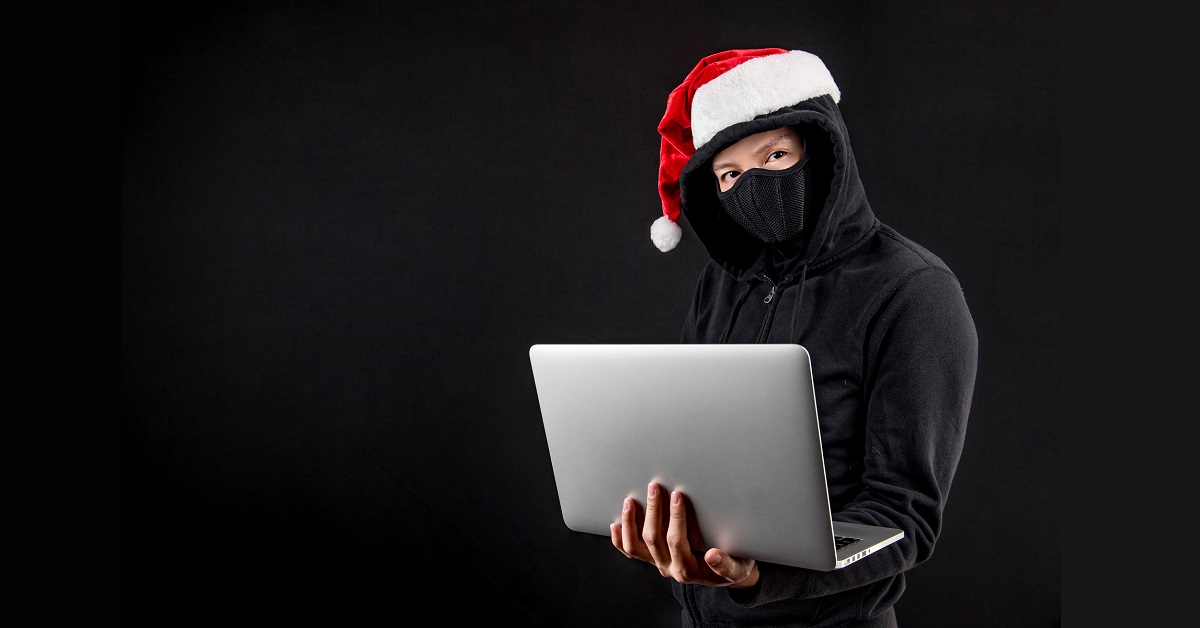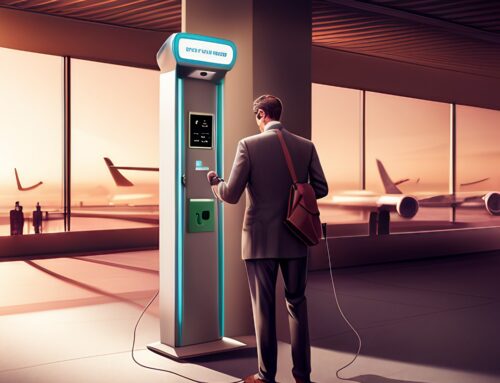Warning: We are right now smack in the middle of the time of year when we are most prone to cyberattacks, that period from November 1 to December 31. It is during these two months that ransomware attacks increase 30%, according to a study by cybersecurity company Dark Trace. Here are two of the study’s most important findings:
- From 2018 through 2021, there has been a 30% increase in the average number of attempted ransomware attacks globally over the holiday season.
- There are 70% more attempted ransomware attacks in November and December compared to January and February.
Dark Trace isn’t the only organization sounding the alarm. Last year, the FBI and Cybersecurity & Infrastructure Security Agency released a general alert for increased vigilance for ransomware attacks during holidays. In part, the alert stated, “The Federal Bureau of Investigation and the Cybersecurity and Infrastructure Security Agency have observed an increase in highly impactful ransomware attacks occurring on holidays and weekends – when offices are normally closed – in the United States, as recently as the Fourth of July holiday in 2021.”
If you’re traveling this holiday season – and many of us are – then take these four extra precautions.
1. Avoid Public Charging Stations
Do not charge your smartphone at public charging stations, which often appear at airports. Stealing data from your smartphone via a charging station is easy through a tactic called juice jacking. A cybercriminal can breach an unsecured charging kiosk using malware, then drop an additional payload that steals information from connected devices. Crawlers can then search your phone for personally identifiable information, including bank and credit card account credentials; wireless payment credentials, such as those associated with Apple Pay and Google Pay; phone contacts; account passwords; and more.
If you have no choice but to use a public charging station, then connect to it using a data blocker. The Smart Keeper Smart Data Blocker, which sells for $21, is a physical cybersecurity device that blocks all data connections to a USB port while allowing the port to be used for charging.
2. Beware of Public Wi-Fi
Do not connect to public Wi-Fi, which includes airplane Internet connections. Hackers can easily access your connection while on public and airplane Wi-Fi and steal everything from bank account numbers to social media passwords. That’s not all. They can also infect your smartphone with a virus or malware that can then infect your laptop or desktop, should you connect your phone to one of those devices.
If you’re concerned about passing viruses and malware from portable devices to your computer, then you would be wise to block your computer’s USB ports with a physical USB port lock. These nifty little port locks start at $2 each and can prevent countless headaches, including being the victim of ransomware.
3. Lock Down Your Laptop
Secure your laptop with a tether cable and lock. Our favorite is the one offered by Smart Keeper, which locks your laptop into place, tethering it to any fixture using a 70-inch anti-theft cable. This $30 kit includes a combination lock can be reset to any pattern you desire and plugs in via USB port. This key-based lock is sure to keep your laptop protected is any public place.
4. Don’t Be Tempted
With so many people traveling this time of year, it might be common to find a “lost” charging cable, power bank, or USB flash drive. So, a final word of advice. These items might not actually be lost, but placed by cybercriminals in airport waiting rooms, hotel lobbies, and office building parking lots for the sole purpose of tricking you into using them and infecting your device. As enthusiastic as you may be about finding some useful hardware, you will be more thankful not to be the target of some hacker’s next cyberattack.
Stay cyber safe and happy holidays.










